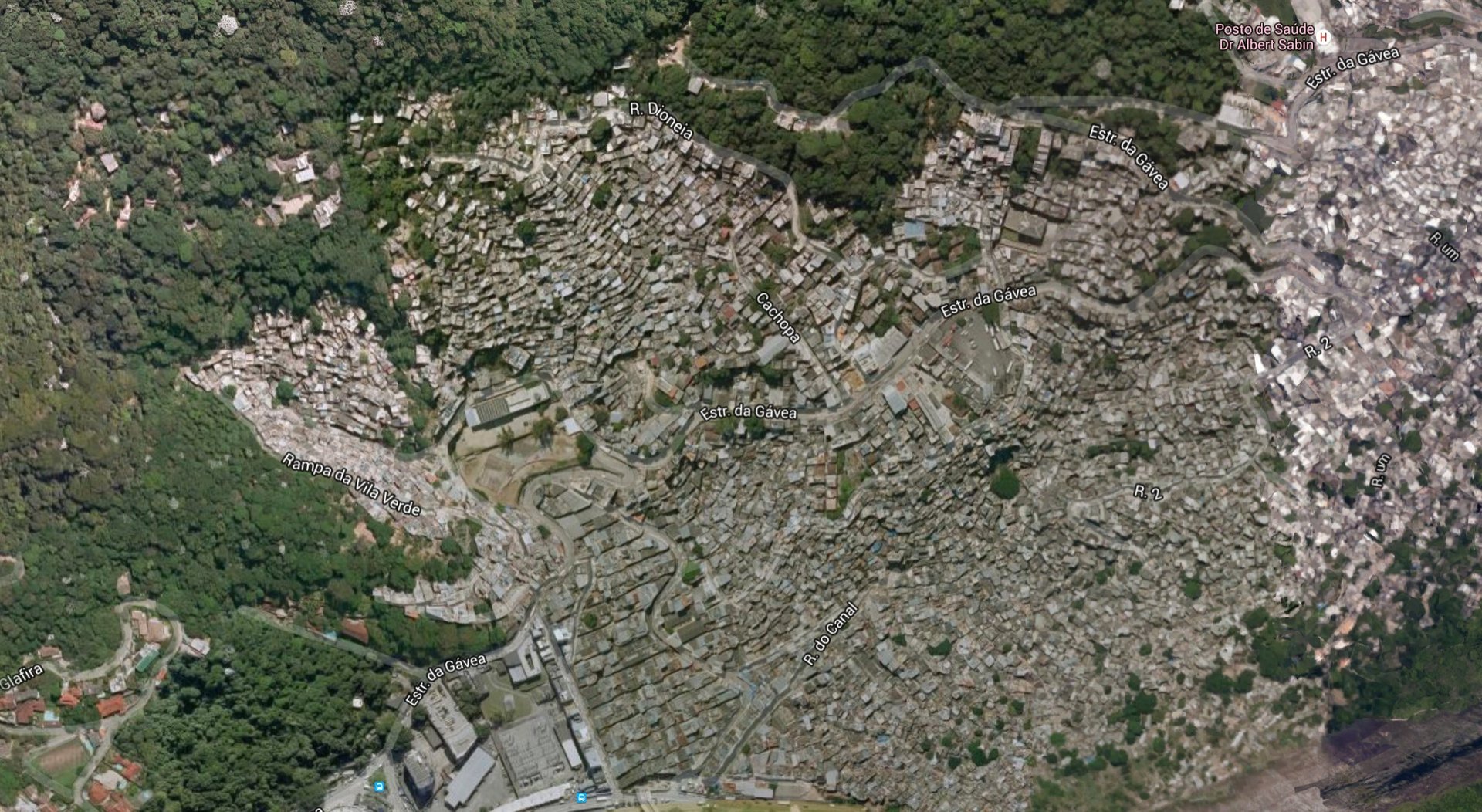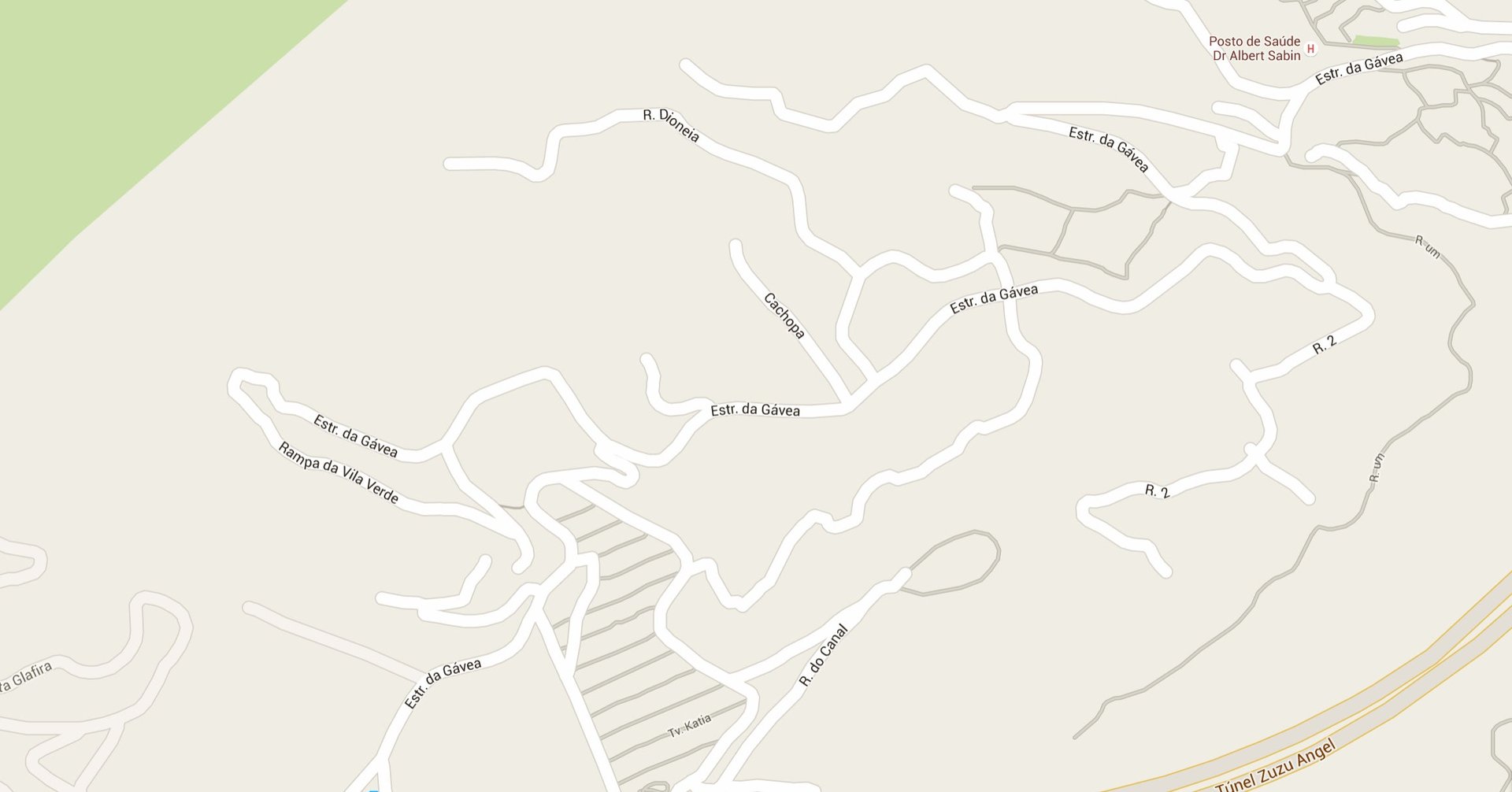An address for every place in the world, using just three words
If you can’t be located, you’re nobody. What3Words, a London startup, tackles one of the developing world’s most critical challenges: providing a universal address for people who don’t have a physical one. (Part of a series on technology and global development.)


If you can’t be located, you’re nobody. What3Words, a London startup, tackles one of the developing world’s most critical challenges: providing a universal address for people who don’t have a physical one. (Part of a series on technology and global development.)
On Nov. 16 in New York, at the Next Billion conference, Chris Sheldrick, the CEO of What3Words, captured his audience with strong arguments: 75% of the earth population, i.e. four billion people, “don’t exist” because they have no physical address. This cohort of “unaddressed” can’t open a bank account, can’t deal properly with an hospital or an administration, let alone get a delivery. This is a major impediment to global development.
Governments, the Word Bank, and various NGOs have poured millions of dollars to launch addressing programs. A country like Ghana tried four times without success. In Brazil, this portion of Rio de Janeiro with its its sparse network of roads and streets looks like an empty land:

Adding the satellite layer, you discover this:

This is one of the world’s largest slums in the world, the Rocinha favela: 355 acres (143 hectares) of intertwined sheds hosting 70,000 people. Translated into density, this amounts to a staggering 120,000 persons per square mile (48,000 per square km). Now try to figure out how to deliver a package, or simply how to provide the most basic administrative assistance such as monitoring health or education.
The developing world is not the only one to suffer from poor addressing.
Decades or urbanizations are have not necessarily been associated with discipline when it comes to building a reliable address system. This blog, maintained by a British computer scientist named Michael Tandy, compiles an outstanding series of absurd occurrences in global addressing systems. Here is just one example, an address in Tokyo.
〒100-8994 (zip code), 東京都 (Tokyo-to, i.e. Tokyo prefecture or state) 中央区 (Chuo-ku, i.e. Chuo Ward) 八重洲一丁目 (Yaesu 1-chome, i.e. Yaesu district 1st subdistrict) 5番3号 (block 5 lot 3), 東京中央郵便局 (Tokyo Central Post Office).
Messy addressing systems have measurable consequences. UPS, the world’s largest parcel delivery provider, calculated that if its trucks merely drove one mile less per day, the company would save $50 million a year. In the United Kingdom, bad addressing costs the Royal Mail £775 million ($1.2 billion) per year.
One might say latitude and longitude can solve this. Sure thing. Except that GPS coordinates require 16 digits, two characters (+/-/N/S/E/W), two decimal points, a space and comma, to specify a location of the size of a housing block. Not helpful for a densely populated African village, or a Mumbai slum.
In his previous job, Chris Sheldrick (now 33) had his epiphany when organizing large musical events around the world. Tons of material had to be shipped to a specific location and date/time. After several mishaps, he too tried using GPS coordinates to make dozens of flight cases converge at the right time and place. But people got confused with latitude/longitude, sometimes mixing ones and sevens, etc. After a dramatic mistake that almost ruined a large wedding party in the Italian countryside, he vented his frustration to a mathematician friend who then suggested the following: why not replacing GPS coordinates with actual words that anyone can understand and memorize? Sheldrick’s mathematician pal came up with a simple idea: a combination of three words, in any language, could specify any three meter by three meter square in the world—more than enough to designate a hut in Siberia or a building doorway in Tokyo. Altogether, 40,000 words combined in triplets label 57 trillion squares. Thus far, the system has been built in 10 languages: English, Spanish, French, German, Italian, Swahili, Portuguese, Swedish, Turkish, and, starting next month, Arabic… All together, this lingua franca requires only five megabytes of data, small enough to reside in any smartphone and work offline. Each square has its identity in its own language that is not a translation of another. The dictionaries have been refined to avoid homophones or offensive terms, with short terms being reserved for the most populated areas. And, unlike the GPS latitude/longitude system, What3Words has an autocorrect feature that proposes the right terms if words are misspelled, or even mispronounced since the system is to be used in a voice-recognition navigation system.
For now, What3Words Ltd. has solid funding. It just completed a $3.4 million second round of financing from Intel Capital and Li Ka-Shing’s Horizons Ventures, adding to $2 million already raised through angels investors. This is enough to develop additional languages, make the mapping system accessible by voice, and make it embeddable into third party navigation devices—and organize the vast marketing effort required to scale the mapping system.
What3Words’ monetization relies on accessing its API (the software layer that connects to its addressing system) and its application software development kit (SDK). Hence two models: non-profit for NGO’s or local services such as this one delivering medicine in a South African Township. To many humanitarian organizations, What3Words’ features could be invaluable in solving crucial problems such as delivering supplies in uncharted areas (such as a refugee camps), or improving medical aid by identifying every patient’s location.
On the for-profit side, What3Words is inevitably catching the attention of a vast array of corporations that struggle with bad addressing. As explained by W3W’s marketing director Giles Rhys Jones (a former Ogilvy UK executive), examples range from an oil company doing prospection in a remote region, to a construction company building an infrastructure project. Among the companies that have fully integrated What3Words are Navmii, which gathered 24 million users in 90 countries, or the Norwegian mapping provider Kartverket (anyone who has driven in empty Norwegian land can understand the benefits), and a Brazilian delivery provider. For What3Words, the decisive boost will come from its integration in major mapping suppliers such as Google Maps or Waze.
This post originally appeared at Monday Note.